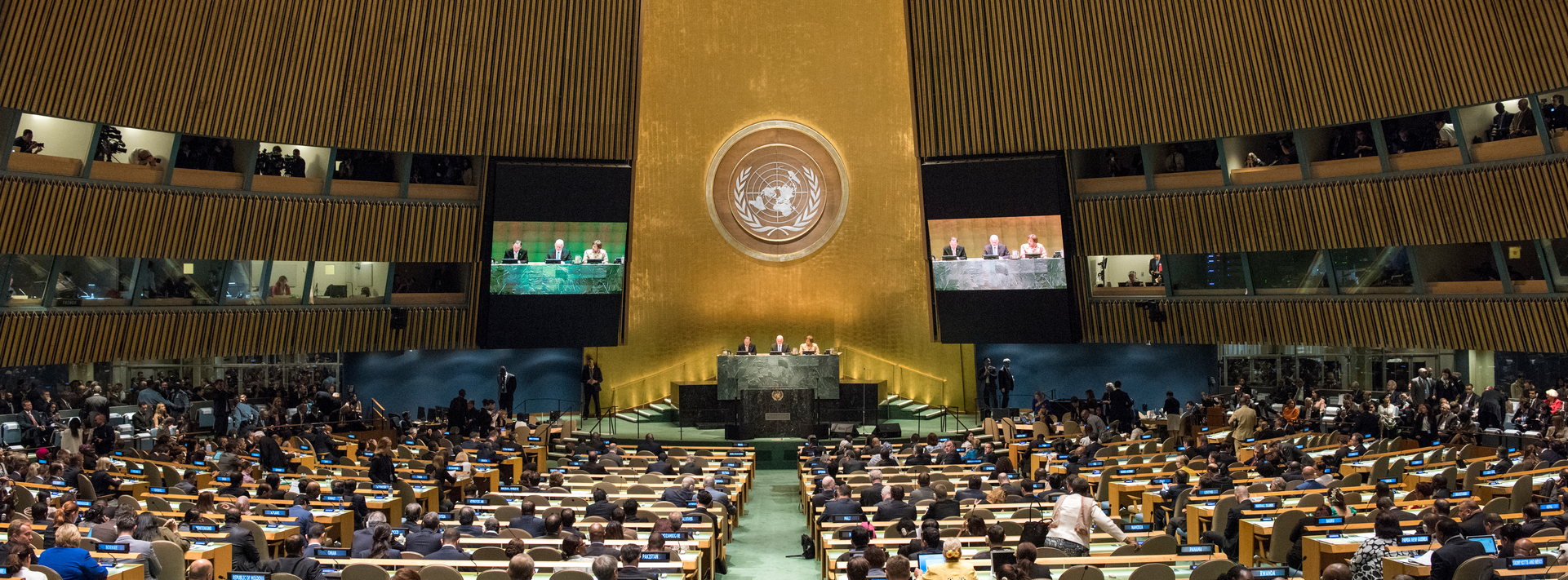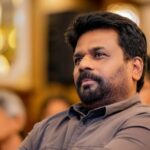
UN urges SL to address war crimes
- By KrishCNL
- August 14, 2025
- News, Political
- Human Rights, UN, War Crimes
- 0 Comments
The United Nations High Commissioner for Human Rights , Volker Turk, has urged yesterday, August 13, the Sri Lanka’s new government to take a historic opportunity to end impunity for war crimes and human rights abuses.
In a 16-page report to the Human Rights Council, Turk highlighted the chance for President Anura Kumara Dissanayake’s administration to restore Sri Lanka’s image by addressing past violations, including those during the civil war that ended in 2009. The report stressed that the 37-year-long war claimed at least 100,000 lives on all sides.
High Commissioner Volker Türk emphasized that this moment presents a chance for Sri Lanka to “break from the past,” with the leadership pledging a fresh direction on critical issues such as delivering justice to victims, restoring the rule of law, and eliminating discrimination and divisive politics. He stressed the immediate need for a comprehensive roadmap to translate these commitments into tangible results.
Turk called for truth, justice, reparations, and acknowledgment of crimes committed by all sides. He welcomed plans to repeal the Prevention of Terrorism Act, set up an independent public prosecutor, and investigate key cases, including the assassination of journalist Lasantha Wickrematunge.
During interviews conducted by Colombo News Line (CNL), some Sri Lankans stressed that accountability should include all communities affected by the war, not just specific groups. Many said Sinhala and Tamil civilians who suffered, went missing, or were attacked during the conflict should also be recognized, highlighting that war crimes impacted everyone.
Key Demands and Recommendations from the UN Report:
- Formal Acknowledgment of Abuses: A clear and formal acknowledgment of the violations, abuses, and crimes that occurred, especially during the civil war, is essential. This includes recognizing the responsibility of the State, security forces personnel, and non-state armed groups like the LTTE, as well as the enduring impact on victims and communities.
- Comprehensive Structural Reforms: The report calls for comprehensive structural reform of the security sector and broader constitutional, legal, and institutional reforms that align with Sri Lanka’s international human rights obligations. These measures are deemed “crucial” for achieving “national unity” and preventing the recurrence of past violations.
- Dedicated Judicial Mechanism: While welcoming the government’s initiative to establish an independent Public Prosecutors office, the report recommends the establishment of a dedicated judicial mechanism, including an independent special counsel, to address serious human rights violations and grave breaches of international humanitarian law.
- Repeal of Prevention of Terrorism Act (PTA): The UN urges the repeal of the draconian Prevention of Terrorism Act (PTA) and the immediate release of long-term PTA prisoners, some of whom have been jailed for decades. Despite commitments to repeal the PTA, the report notes its continued use by the new government for arrests and detentions, detailing ongoing arbitrary arrests, detentions, torture, and deaths in custody. An immediate moratorium on its use is urged.
- Amending Restrictive Laws: The report also calls for the amendment or repeal of other laws or proposed laws that restrict fundamental rights, such as freedom of opinion, expression, association, and peaceful assembly. These include the Online Safety Act, the ICCPR Act, the draft NGO Bill, and the draft Personal Data Protection Act No. 9.
- Release of Military-Held Land: The release of military-held land in the north and east of the country is also recommended.

